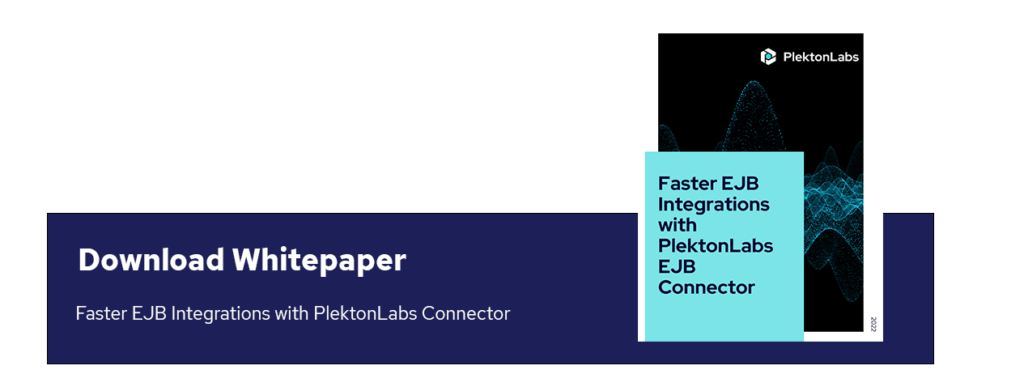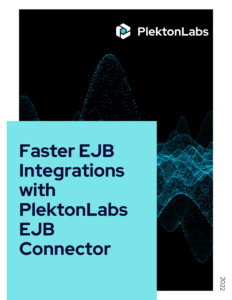It goes without saying that some of the best things are born from challenges and instability. Innovation is primarily driven by the need to adapt to change or volatile conditions. The COVID pandemic has been one of the most trying times for the planet in recent times. After months of locked doors, businesses have begun to open their doors tentatively, but it is clear that things won’t be the same for a long time. This is where scalable business operations continue to be useful.
There has been a great change in the way customers deal with businesses now. Businesses that can’t adapt to these changes won’t be able to survive the following months.
While many businesses have easily switched to online shopping, home deliveries, and curbside pickups, they aren’t yet ready for massive digital operation on a large scale. Organizations need to be able to adapt and shift focus to what will drive revenue and cater to the changed needs of their customers.
Although no one could have predicted the outcome of the pandemic, there are some things CEOs, management, and IT leaders can do to mitigate the effects of the zeitgeist and prepare for unexpected crises in the future.
Steps Towards a More Scalable Business
Scalability is usually focused on ROI, saving resources, and getting things done more easily. However, businesses need to place the focus around customer experience, because at the end of the day, it’s all about how the customers feel about your business.
A scalable digital business needs to be created based on the needs of its customer base. Thus higher-ups need to focus on customer experience when coming up with new initiatives and create a fine-tuned customer service that is adapted to changing customer needs.
To keep improving their services, companies need to construct a consumer-focused culture. At the same time, your business must also view the customer as an individual instead of just a revenue source. Equally important is incorporating customer feedback and implementing new technology to respond to customer needs.
In addition, connectivity has always been important and this makes digital even more important. Communicating with customers about their needs, and letting them know your plans can help create a sense of trust and transparency with your target consumer base. Without a comprehensive technology integration plan, new solutions are launched in silos. This also means that businesses won’t have the agility to alter these services to changing customer needs.
Most businesses have lots of data locked away in silos instead of being integrated. This means there will be a gap between the connected experiences required for delivering seamless service and the incongruent systems of data that are required to provide those experiences.
Developing an all-inclusive integration plan revolving around implementing flexible technologies allows businesses to be able to adjust to changing industry trends or consumer behavior shifts. An API-led integration method makes it possible to connect systems, access data, and boost overall agility. It is also important to note that a comprehensive integration only does what it is supposed to in a culture of scalability and adaptability.
A customer-based approach to scalability together with a strategic plan for API-led integration is the best way to survive in a dynamic business environment. However, these plans and operations will only work if the business has a customer-centric culture focused on scalability and adaptability.
This is where business leaders need to make some careful decisions. Businesses need to handpick the technology they invest in because the tech shouldn’t just solve present-day issues, but potential problems that may arise in the future.
Lastly, do not dismiss the importance of strategic, trusted partnerships. Creating a network of reliable business partners can give you a leg up in agile operations. Besides putting your name out there, it will also allow new customers to find your business through your partners. At the same time, you and your partners can help each other reach your objectives, and provide a helping hand when necessary.
Wrapping Up
Unexpected challenges and crises can catch businesses unaware, but they can be opportunities to grow and adapt, ensure business continuity, and inspire confidence in their customers. With the right foundation, plans, tools, and culture, businesses can create a future-proof business that will be able to scale up and down when needed and allow them to deliver the experiences that will appeal to their customers. Find out how you can create and implement an API strategy for a scalable, agile business operation.




